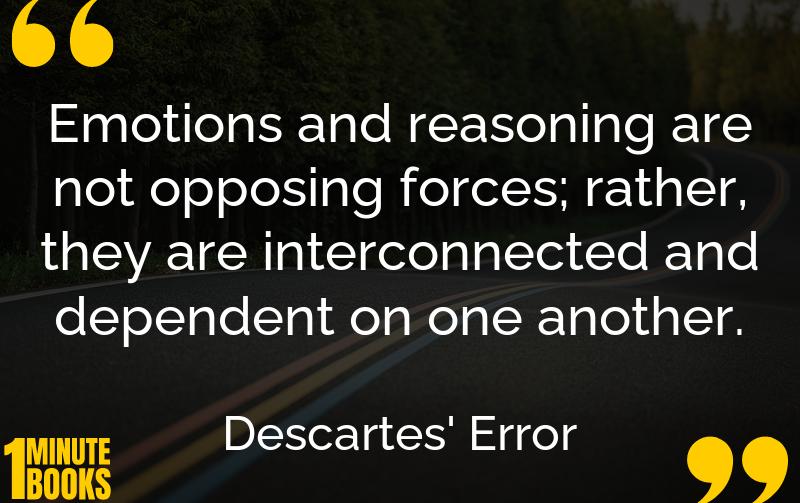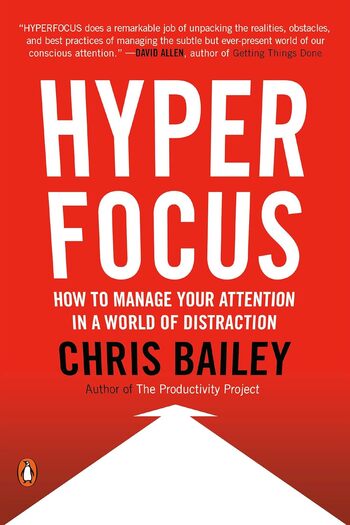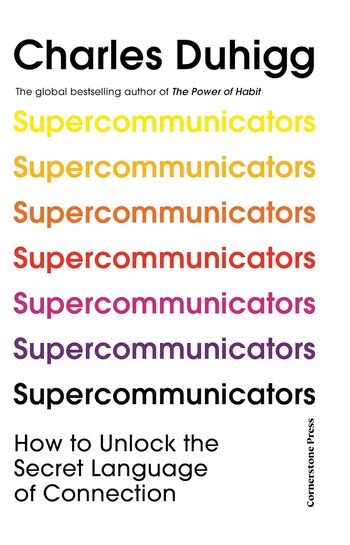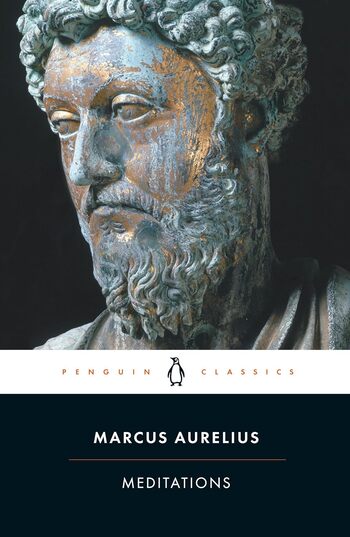
António R. Damásio’s ‘Descartes’ Error’ explores the relationship between emotions and reasoning. Through cases like Phineas Gage, it highlights how emotions are integral to decision-making, challenging traditional views.
Main Lessons
- Emotions are crucial to decision making, not mere distractions.
- Phineas Gage’s case shows personality and behavior changes due to brain injury, highlighting brain functions.
- The Ventromedial Prefrontal Cortex (VPC) is essential for practical reasoning.
- Practical reasoning involves the VPC, limbic system, and somatosensory cortex.
- Emotions consist of body state changes and mental images.
- Primary emotions are hardwired and basic, while secondary emotions develop through experience.
- The somatic marker hypothesis explains how emotions can guide decision-making.
- The brain efficiently makes decisions using somatic markers generated by secondary emotions.
- Secondary emotions act as shortcuts for quick decision-making in daily life.
- Damage to the VPC can impede decision-making abilities without affecting core emotions.
- Studying brain damage provides valuable insights into how different regions support cognitive functions.
- Emotions provide essential information and guidance, aiding practical reasoning.








